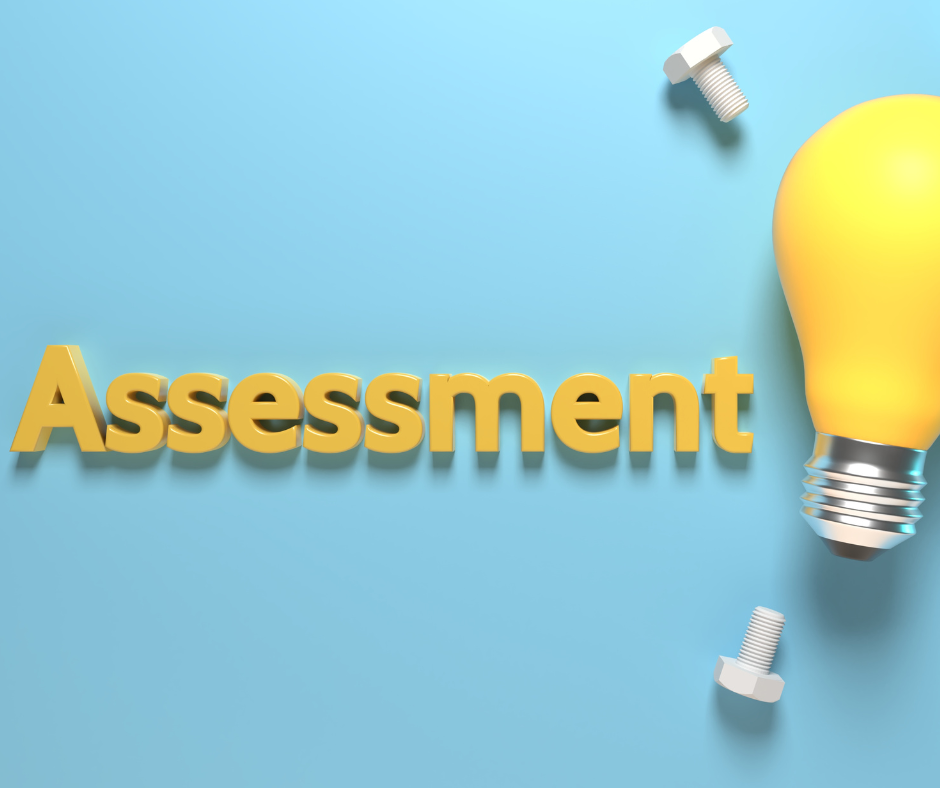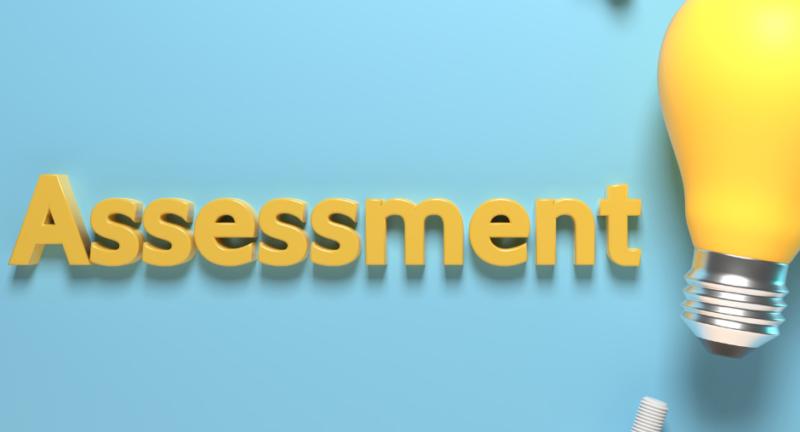
Assessments Versus Psychology Evaluation: Everything You Need to Know
Assessments and psychology evaluations may sound like the same thing, but they’re actually different. It’s important to know the difference, especially if you’re seeking psychological help. In this blog, we’ll explain what assessments and psychology evaluations are, what they’re used for, and what you can expect during each evaluation.
We spoke with Monica Clark, a Psychological Associate here at NextStep4ADHD, to get some of the most common questions. By the end of this blog, you’ll have a better idea of what to expect during your psychological evaluation and which type of evaluation is right for you.
What Is the Difference between an Assessment and a Psychological Evaluation?
All about Assessments
An assessment involves an in-depth clinical interview, usually utilizing both a diagnostic assessment and biopsychosocial questions, and, sometimes, simple screening instruments that are self-report symptom questionnaires. The questionnaires usually can be completed in just a few minutes and, for teens, may include obtaining data from relevant teachers or other collateral adults with regular contact with the child.
The diagnostic interview focuses on the presenting issues and the history of those issues and in-depth questioning of symptoms to determine potential diagnoses. In addition to the diagnostic interview, the assessor will accumulate information about the child’s medical, developmental, and family history (biology), history of prior treatment and testing, to include documenting any prior diagnoses (psychological history), and the child’s school functioning, social functioning, and any potential work/employment functioning (social). An assessment is usually between 60-90 minutes depending on the provider. An assessment is adequate for most situations, including obtaining a diagnosis for treatment and obtaining a 504 plan at school.
An assessment is simpler and much more cost effective than a full psychological evaluation.
All about Psychological Evaluations
A psychological evaluation is more in-depth and includes the above clinical interview, along with testing using standardized psychological instruments (i.e. intelligence tests). The testing gives an in-depth understanding of a child’s cognitive, academic, behavioral, emotional, and social functioning. It usually takes a minimum of 4 hours, which can be completed in either one or two sessions; however, it can take longer depending on needs.
There is a specific type of psychological evaluation, called an academic evaluation, that may be requested for school, which tests only a child’s intelligence and academic performance to test for learning disabilities or learning differences. This specific type of assessment is shorter, usually 2-3 hours, but is not typically covered by insurance. If schools are requesting this information, while Next Step would be happy to complete the evaluation, if the child attends public schools, most public schools have the ability to complete this type of evaluation without charge to the family, utilizing the district’s school psychologist. However, sometimes the wait for an evaluation date can be lengthy, which leads some families to seek outside agencies that could accommodate their need faster.
When Is a Psychological Evaluation Necessary for Teens?
A psychological evaluation is necessary in a couple of scenarios:
- It is required if the family is seeking an individualized education plan (IEP).
- It also may become necessary if a family has completed an assessment and the diagnostic picture is still unclear. This is rare, but does occasionally occur.
- A family may also be referred for a psychological evaluation to assess for other potential underlying factors, if the child has not been responsive to treatment.
It is important that an established therapist not be the one to complete the psychological evaluation to prevent potential confirmation bias.
What Happens During a Psychological Evaluation?
The first step is a clinical interview with both the child and the parent, followed by 1-2 sessions where the child will meet with the evaluator individually to complete the standardized tests. After, the evaluator will score all of the assessments and write an in-depth report, written so that the family can understand the results. Once the report is completed, the family will be invited back for a feedback session, where the evaluator will go over the results, provide an opportunity for the family to ask questions, and the family will be given a physical copy of the report.
What Is the Main Benefits of a Psychological Evaluation for an IED?
A psychological evaluation provides the most in-depth picture of your child. Through the evaluation process, all potential issues are assessed and addressed through clinical recommendations.
Questions? Don’t Hesitate to Reach Out to Us
In conclusion, understanding the differences between assessments and psychology evaluations is crucial when seeking psychological help, especially for conditions like ADHD. While assessments are standardized tests that provide objective information about your abilities and strengths, psychological evaluations involve a more in-depth exploration of your thoughts, feelings, and behaviors. Both types of evaluations can be helpful in identifying and treating ADHD, but which one is best for you will depend on your specific needs. Our multidisciplinary team can walk you through all of the options and recommend the right evaluations for you or your child.
If you suspect that you or a loved one may have ADHD, it’s important to seek help from a qualified mental health professional who can provide the appropriate evaluation and treatment. Making an appointment with a mental health professional is the first step towards getting the help you need to manage your symptoms and improve your quality of life. Remember, seeking help is a sign of strength and courage, and taking care of your mental health is essential for overall well-being. Don’t hesitate to reach out today.
About Monica Clark

Monica Clark is a Licensed Psychological Associate who focuses on treating children and adolescents struggling with anxiety, depression, and trauma-related emotional struggles. Monica uses Cognitive-Behavioral Therapy and trauma-focused therapy to help children and teens learn to self-regulate and have greater control over their thoughts and behaviors.
Related Posts
Planning a Winter Getaway? Here Are 4 Packing Tips for Adults with ADHD
Planning a winter getaway? Whether you're headed for a skiing trip up north or...
Assessments Versus Psychology Evaluation: Everything You Need to Know
Assessments and psychology evaluations may sound like the same thing, but...


